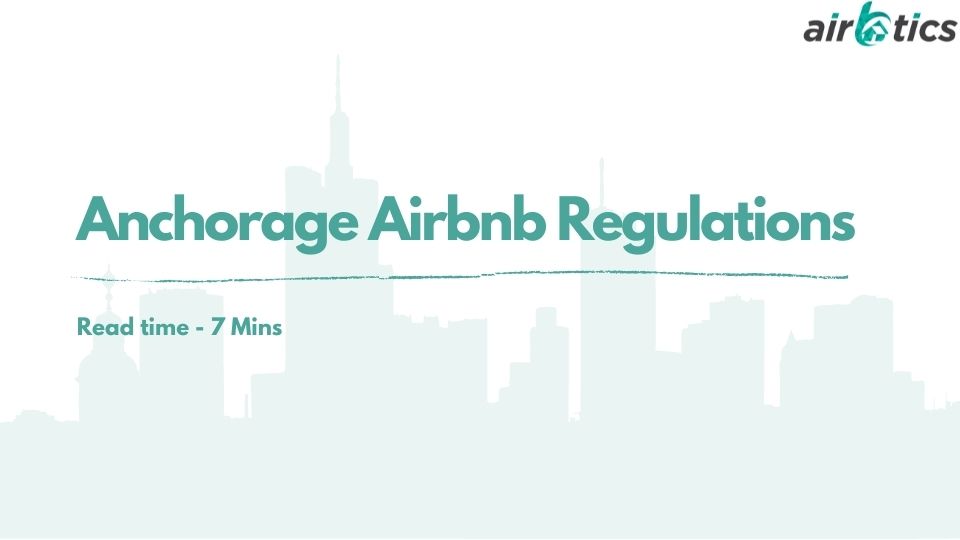Welcome back to another episode of Into The Airbnb, where we chat with Airbnb hosts about their short-term rental experience. Today’s guest is Allie Shepherd, an Airbnb host who owns and manages one listing in Anchorage, Alaska. She started a year ago trying Airbnb for the first time after doing long-term rentals for a few […]





